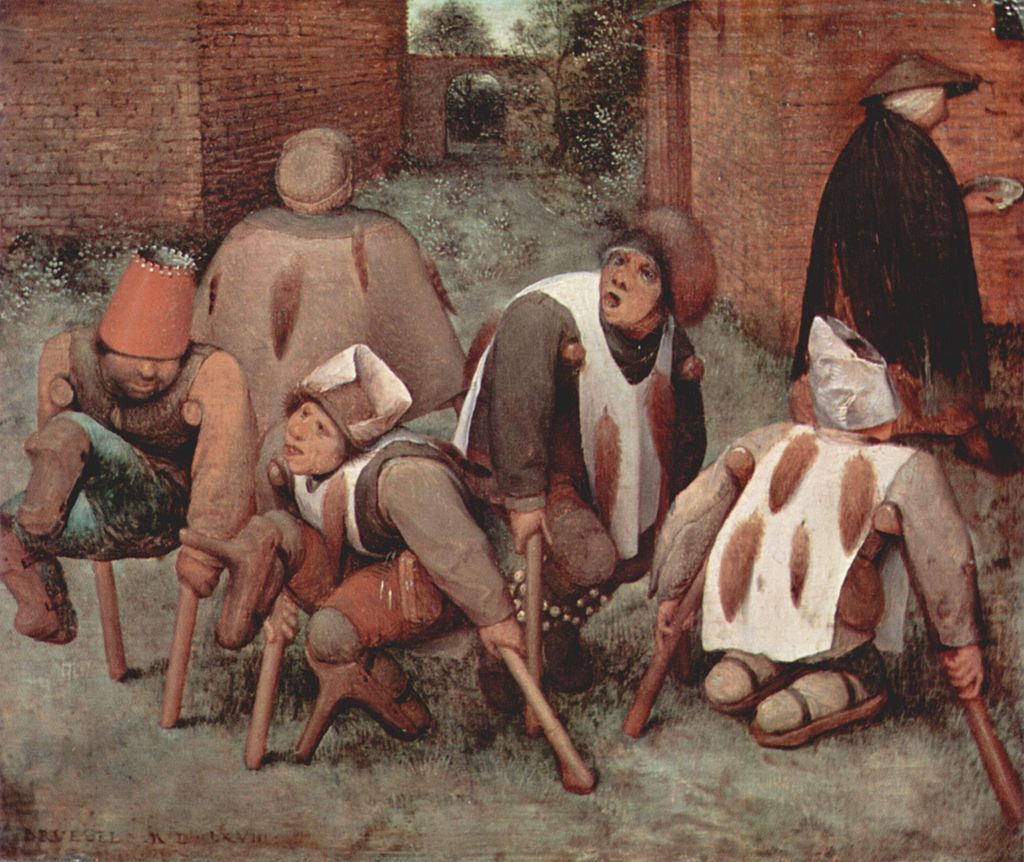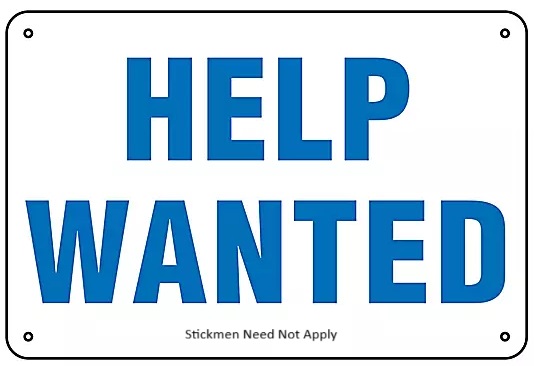
Content warning: This blog looks at strategies for eliminating biased language from your writing. In doing so, we must touch on terms related to mental illness, disability (including developmental disability), and neurodiversity that some readers will rightly find offensive.
Like it or not, cruelty is back in fashion in America. After a hard-fought and largely successful campaign by disability advocates to eliminate hateful language from the public sphere (or at least make it socially unacceptable), we are now seeing a backlash—an effort, led by the usual suspects, to discard decades of social progress so a cohort of smug little pukes can get their jollies making fun of the sick and disabled, turning the most vulnerable among us into objects of mockery.
Get a free sample proofread and edit for your document.
Two professional proofreaders will proofread and edit your document.
The moral depravity of this effort cannot be overstated. Language both reflects and shapes our attitudes, and attitudes shape public policies. Ableist slurs date to a time not so long ago when many people with disabilities were literally second-class citizens, legally barred from self-determination or self-advocacy, living their entire lives under some form of conservatorship.
Things are hardly perfect now; but the Americans with Disabilities Act and its associated employment and infrastructure mandates have opened up new avenues for millions of people living with mobility issues, developmental disorders, autism, mental illness, and a host of other conditions. Ableist slurs and jokes are a form of dehumanization. When someone with special needs is seen as a punchline, rather than as a person, it becomes easier to justify policies that defund initiatives to assist or accommodate them. Cruel words are thus the precursor to cruel deeds.
Refusing to use biased language and refusing to condone its use by others are therefore not about feeling superior or “virtue signaling” or “political correctness” or any of the other accusations that slur-enjoyers lob when they get pushback for being vicious, bullying jerks; it’s a way of holding the line against the normalization of attitudes that have horrifying real-world consequences (e.g., the eugenics movement).
If defending the gains of disability rights advocates over the last half-century is important to you, and it should be, one way to help is to be careful with your own words. Many of us use biased language without malicious intent simply because ableist ideas have made their way into our language via metaphor. With a little conscious effort, though, you can train yourself to spot instances of unconscious bias, and draw upon the vast vocabulary of English for more appropriate substitutes.
Many writers, for instance, still use “cripple” or “paralyze” metaphorically, especially in economic contexts, where “stall” or “halt” would be just as accurate.
“Lame” to mean uncool or unsatisfactory is a particularly pernicious construct; because the word is so seldom used literally anymore, many English speakers are unaware of its cruel history. Indeed, it’s a nasty irony that precisely due to the efforts of disability advocates, many ableist words (e.g., “spastic” for a person with cerebral palsy, “fit” for an epileptic seizure) are no longer commonly used as such, which may make them seem OK to when applied to a clumsy person or a tantrum.
But history has shown us that words can never fully be robbed of their power to harm; there are always rotten sons of bitches waiting to pick up an obsolete slur and turn it against the people they hate.
Another category of biased language that’s proven resistant to eradication is words related to intellectual disabilities. Advocates have largely succeeded in making the R-slur disrespectable; but most of us have forgotten, if we ever knew, that “cretin,” “moron,” “imbecile,” and “idiot” were once not mere insults but diagnostic categories for developmentally disabled persons, labels that had lifelong consequences.
“Stupid” is something of a special case. It’s a very old word, cognate with “stupendous” and “stupefied,” deriving from the Latin word for “stunned.” Stupidity, properly understood, has less to do with lack of intellectual capacity than with impaired judgement or perception. It’s not innate, but circumstantial. We may be made stupid by alcohol or lust or greed and consequently make bad decisions.
Most insults invoking “stupidity” don’t really target someone’s intelligence, per se, but rather a character flaw, such as a tendency to be unwise, frivolous, silly, unserious, or thoughtless, all failings to which even high-IQ people are liable. Conversely, “stupid” has been unfairly leveled at people with intellectual disabilities and so is best avoided.
We should scratch “dumb” from our lexicon, too; it’s an outdated term for the mute (once commonly used in the phrase “deaf and dumb”), and equating impaired speech with either intellectual disability or foolishness is both unfair and harmful.

Perhaps the most persistent category of unconscious bias is the metaphorical use of terms related to mental health. Cognitive therapies and pharmaceutical breakthroughs have begun to change the way our cultural perceptions of the mentally ill, finally eroding the stubbornly persistent stigma that has historically forced people to suffer in silence, it’s hard to break the habit of calling a situation “crazy” or “insane” when we mean it is unprecedented, absurd, or ridiculous.
And in this age of cruelty, it’s particularly important to avoid invoking mental illness to explain away bad behavior. When faced with a callous person who delights in harming others, we too often fall back on pseudo-diagnostic jargon like “psycho” or “sociopath.” But associating morally repugnant choices with mental illness both excuses the wickedness (by implying it’s beyond the perpetrator’s control) and demonizes those who are truly mentally ill; there are plenty of diagnosed psychopaths, for instance, who lead determinedly virtuous lives, compensating for their lack of natural empathy by adhering to a strict code of ethics.
(Some of them even work as editors.)
Most cruelty is rooted in self-interest that is both entirely sensible and morally reprehensible. And if we wish to protect the vulnerable from such cruelty, we should be precise about our use of language, and that includes calling evil by its proper name.
Jack F.
Get a free sample proofread and edit for your document.
Two professional proofreaders will proofread and edit your document.
Get a free sample proofread and edit for your document.
Two professional proofreaders will proofread and edit your document.
We will get your free sample back in three to six hours!